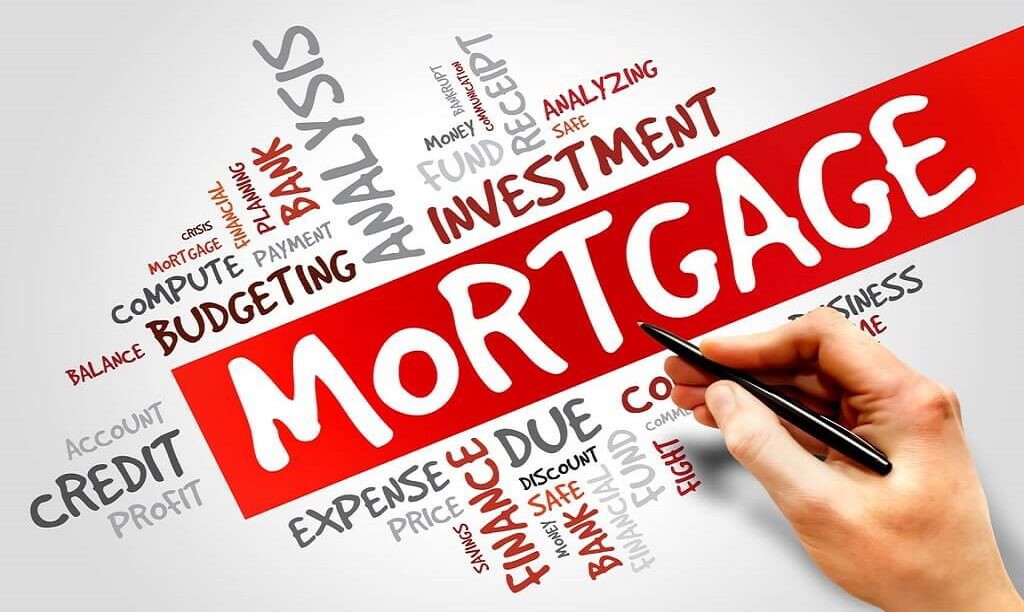Despite the unprecedented transformation witnessed in the past ten years in the Nigerian housing industry, the mortgage market remains constrained by inadequate capital for transformative growth, and restrictive access to mortgage finance.
The Nigeria Mortgage Refinance Company (NMRC) was established in 2013 as a direct response to the liquidity and funding challenges confronting mortgage lenders. To date, the NMRC has boosted industry liquidity by over N19 billion, sourced mainly from the capital market through the refinancing of qualifying mortgages.
Despite these efforts, mortgage penetration rate is still very low. The Centre for Affordable Housing (CAF) in its 2018 report noted Nigeria’s mortgage penetration rate at 0.3%. the Nigeria Bureau of Statistics in its Q1 2019 report indicated that the housing sector contributed only 4.09% to the GDP.
In a determined effort to boost mortgage adoption and improve accessibility, some innovative products have been developed and deployed by major players in the housing market. This article highlights a few of these.
Rent-to-Own Scheme
Under the rent-to-own scheme, mortgages are created over residential property and spread over a period of time, ranging from 10 to 30 years. Mortgage rentals are structured in the form of monthly or annual rentals, thus making it convenient, affordable and easy for the mortgagors.
The scheme targets mostly low- to medium-income earners in both the formal and informal sectors. It was launched by the Lagos State Government in 2016 and adopted by the Federal Mortgage Bank of Nigeria in 2018. Beneficiaries of under the scheme are required to make equity contribution of between 5% and 20% of the property value, depending on the mortgage institution.
My Own Home
My Own Home was conceived by the government as a public-private partnership to deepen mortgage penetration and increase housing finance availability in Nigeria. It is a comprehensive programme under the National Housing Finance Programme (NHFP) anchored on three pillars. These are:
Nigeria Mortgage Refinance Company (NMRC) – which provides long-term liquidity to participating mortgage lenders as well as standardizing mortgage lending practices;
Mortgage Guarantee Scheme – which enables borrowers to access funds required as equity contribution (initial down payment) for a mortgage by way of third-party guarantee. The mortgagor pays a premium to the guarantee company, which in turn provides a guarantee to the mortgage lender. Payment of premium ceases the moment the borrower repays the full value of the guaranteed equity contribution;
Housing Microfinance Scheme (HMF) – which provides access to finance to low income earners in both the formal and informal sectors for incremental construction or home improvement. Facilities granted under the HMF do not constitute mortgages and are therefore not for the purchase of homes. The facilities are accessible only through selected microfinance banks.
Non-interest mortgage
There are a number of non-interest mortgage products available in the Nigerian mortgage market. These include Ijara (which means lease), Musharaka (which means partnership) and Murabaha (which means profit).
An Ijara is a lease-to-own home purchase plan. Under this plan, the bank purchases the property identified by the mortgagor and leases it back to him/her. Ownership of the property is transferred to the lessee at the end of the lease term.
Under the Musharaka plan (also known as ‘diminishing Musharaka’), the bank and the customer partner to jointly own a property identified by the customer. Over time, the bank’s share of the property value is paid out by the customer through periodic rentals, and the house fully becomes the customer’s. For instance, the customer may contribute 10 per cent of the purchase price, while the bank contributes the remaining 90 per cent. The customer will then be obliged to pay the bank monthly rent on the share not owned by him/her, as well as buy more shares in the property with each monthly payment, with a view to owning the property outright at the end of the term – hence the ‘diminishing’ nature of the partnership.
In a Murabaha plan, the bank buys the property identified by the customer and immediately sells it to him/her for a profit. The customer then pays fixed monthly repayments on the higher price. For example, the bank can acquire a property that costs N20 million and sell it to the customer for N25 million. The customer will then repay the N25 million to the bank over a fixed term.
Non-interest banking is a growing segment of the industry and appeals especially to the segment of the population with a strong leaning towards ethical banking.
In addition to the role of NMRC under ‘My Own Home’ programme, the company refinances all residential mortgages that meet the industry-adopted Uniform Underwriting Standards. The qualifying mortgages must however be originated by any of NMRC’s member banks.
By Ifiok Ikpa





